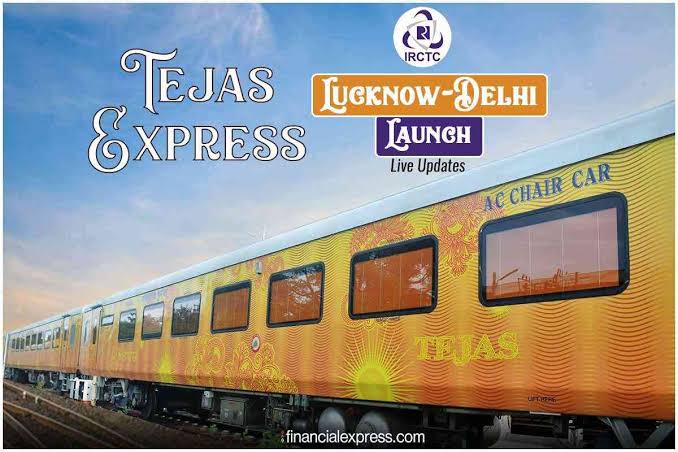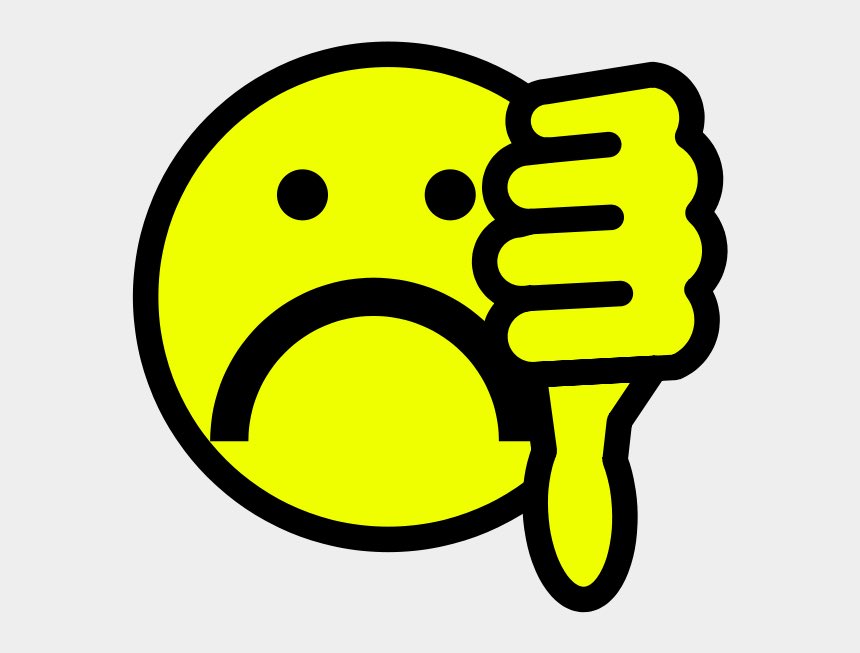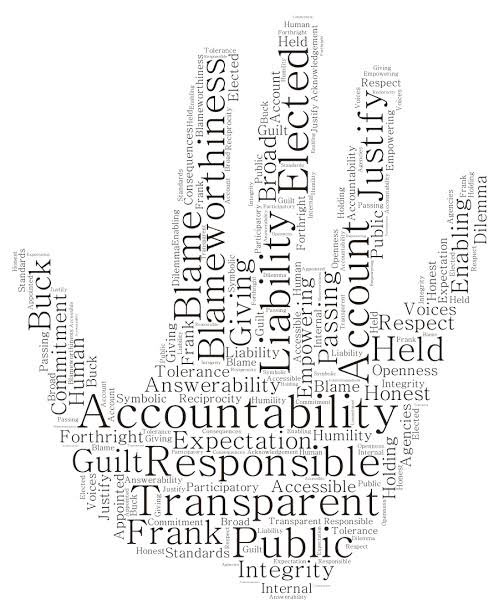
10 Reasons Why Privatisation Is Bad For you.
1. Your services get worse
Public services involve caring for people. But private companies make a profit from public services by cutting corners or underinvesting.
#PrivatizationGoBack
1. Your services get worse
Public services involve caring for people. But private companies make a profit from public services by cutting corners or underinvesting.
#PrivatizationGoBack

2. Privatisation costs you more
You pay more, both as a taxpayer and directly when they privatise public services. In such services, profits must be paid to shareholders, not reinvested in better services. And there is extra costs of creating and regulating an artificial market.
You pay more, both as a taxpayer and directly when they privatise public services. In such services, profits must be paid to shareholders, not reinvested in better services. And there is extra costs of creating and regulating an artificial market.

3. You can't hold private companies accountable
If a private company runs a service, they are not democratically accountable to you. You don't have a voice. There is very little transparency, public accountability or scrutiny.
#PrivatizationGoBack
If a private company runs a service, they are not democratically accountable to you. You don't have a voice. There is very little transparency, public accountability or scrutiny.
#PrivatizationGoBack

4. You don't get a democratic voice
When we go to the shops, we all make our own individual decisions about what we want. Public services are different – they give us a chance to come together to decide what kind of society we want to live in.
#PrivatizationGoBack
When we go to the shops, we all make our own individual decisions about what we want. Public services are different – they give us a chance to come together to decide what kind of society we want to live in.
#PrivatizationGoBack

5. Privatisation creates a divided society
Privatisation often goes hand in hand with encouraging richer people to pay more and opt out of the services we all use. This leads to division, making it harder to provide excellent public services for everyone.
#PrivatizationGoBack
Privatisation often goes hand in hand with encouraging richer people to pay more and opt out of the services we all use. This leads to division, making it harder to provide excellent public services for everyone.
#PrivatizationGoBack

6. Public services are natural monopolies
Privatisation was introduced because of a belief in free markets and consumer choice. But public services are often what economists call ‘natural monopolies’. Private monopolies often become the worst of all.
#PrivatizationGoBack
Privatisation was introduced because of a belief in free markets and consumer choice. But public services are often what economists call ‘natural monopolies’. Private monopolies often become the worst of all.
#PrivatizationGoBack

7. Privatisation means fragmentation
When lots of private companies are involved in delivering a public service, this can create a complicated, fragmented system where it’s not always clear who’s doing what.
#PrivatizationGoBack
When lots of private companies are involved in delivering a public service, this can create a complicated, fragmented system where it’s not always clear who’s doing what.
#PrivatizationGoBack

8. Private companies cherry pick services
Private companies cherry pick the profitable bits of a service so they can make as much money as possible. It's more efficient to run public services in public ownership so that profits can be reinvested across the network as needed.
Private companies cherry pick the profitable bits of a service so they can make as much money as possible. It's more efficient to run public services in public ownership so that profits can be reinvested across the network as needed.

9. Privatisation means less flexibility
Government departments are responsible for meeting the needs of the public. But selling off public assets means we the public have fewer options and resources for delivering the services we’ll need in the future.
#PrivatizationGoBack
Government departments are responsible for meeting the needs of the public. But selling off public assets means we the public have fewer options and resources for delivering the services we’ll need in the future.
#PrivatizationGoBack

10. Privatisation is risky
Look what happened when Yes Bank failed. If private companies are running our public services and are too big to fail, the public has to pick up the pieces when things go wrong.
#PrivatizationGoBack
Look what happened when Yes Bank failed. If private companies are running our public services and are too big to fail, the public has to pick up the pieces when things go wrong.
#PrivatizationGoBack

Unroll
@threadreaderapp
@threadreaderapp
• • •
Missing some Tweet in this thread? You can try to
force a refresh








